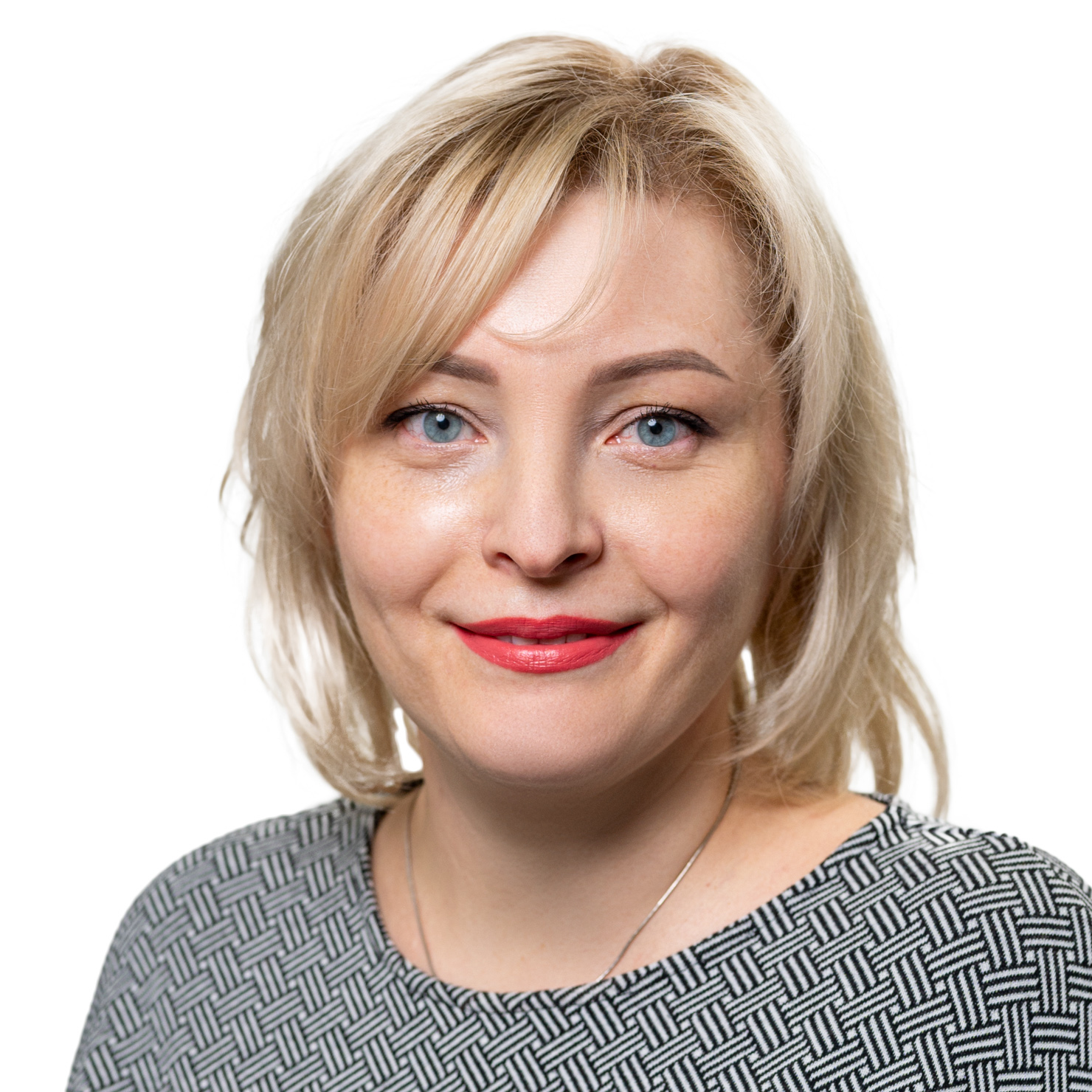Arrhythmia – this is the name of a group of heart contraction disorders in medicine. This condition can be manifested by a marked slowing or increased heartbeat. Patients often note a disordered heart rhythm with a mandatory "freezing". It is necessary to clearly know what should and what should not be done in case of arrhythmia. This will help to quickly normalize the condition and assess the risks.
Symptoms of sinus arrhythmia of the heart, like other types of pathology, are quite pronounced. A person feels a sudden acceleration or deceleration of heart contractions, a feeling of anxiety, slight shortness of breath, restlessness may appear.
On our website https://new.dobrobut.com/ you can find complete information about pathology. It indicates how dangerous respiratory arrhythmia is and in which cases it is necessary to immediately consult a doctor.
Before starting a therapeutic course, it is necessary to find out the factors that provoked a violation of heart contractions. For example, the causes of arrhythmia in a child may lie in a psycho-emotional state – there was a strong fright, the patient is under constant stress, etc. In adults, the cause of arrhythmia can be any internal diseases, but most often this condition – a consequence of the pathology of the cardiovascular system.
Means for the treatment of arrhythmia are selected by the doctor after receiving the results of the patient's examination. First of all, it is necessary to carry out therapy against the disease, which caused a violation of heart contractions. As a rule, with competent treatment, the arrhythmia gradually disappears and the function of the heart muscle is restored.
Treatment of atrial fibrillation requires emergency medical care. This type of heart rhythm disturbances is considered the most dangerous, often leading to sudden cardiac arrest and death of the patient. If the feeling of sudden fluttering of the heart alternates with fainting – this is a reason to immediately call the "Ambulance" brigade. The patient should be provided with rest and access to fresh air.
Any medication for ventricular arrhythmia should be prescribed by a doctor on an individual basis. Most often, Verapamil, Bisoprolol, Sotohexal are used. These medications are taken in courses, the duration and frequency of which should be determined by a specialist.
Such actions are called reflex actions. They cannot be used by people over 60 years old, with a history of myocardial infarction and atherosclerosis.
If the patient's condition is severe and the doctors determine a pronounced arrhythmia on the ECG, emergency medical assistance is required. For ventricular tachycardia, Cordaron is administered. Loss of consciousness against the background of bradycardia requires administration of Atropine or Adrenaline.
Many are interested in what to do with arrhythmia in teenagers. Even after confirming the diagnosis, the doctor may not prescribe drug therapy, because teenage arrhythmia often disappears without any external efforts. In most cases, the problem can be solved by preventing stress, normalizing the daily routine and diet.
There are many recipes based on medicinal plants that help normalize heart contractions. They are used as additional therapy after consulting a doctor. How to treat heart arrhythmia with folk remedies:
- take 1 teaspoon of valerian root decoction 4 times a day – 1 tablespoon of plant material per 400 ml of water, boil for 10 minutes;
- Use 2 tablespoons of medicinal asparagus decoction 3 times a day – it has nothing to do with a food product, it is sold in pharmacies;
- 2 times a day between meals you need to eat 1 teaspoon of "salad" from onion and sour apple without spices and butter;
- Once a day, 10 minutes before the evening meal, you need to eat 100 g of celery.
It is important to adjust your routine – properly alternate periods of work and rest, sleep at least 8 hours at night, do physical education at least in minimal amounts, get rid of excess weight.
Disruption of heart contractions – a serious pathology that tends to progress. To prevent this, it is necessary to seek medical help at the first signs of the disease. Arrhythmia is successfully treated with complex therapy. Strict compliance with medical prescriptions and recommendations for nutrition and daily routine will help restore health. Surgery for arrhythmia in women is recommended by specialists in special cases.







